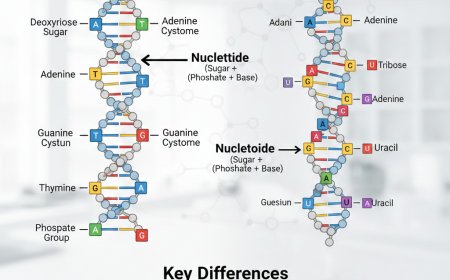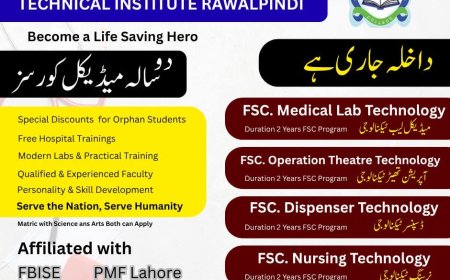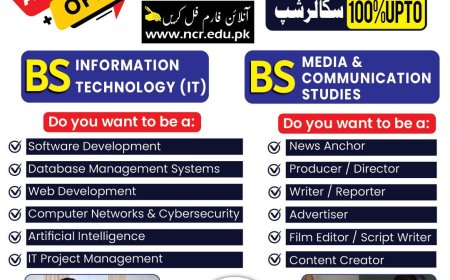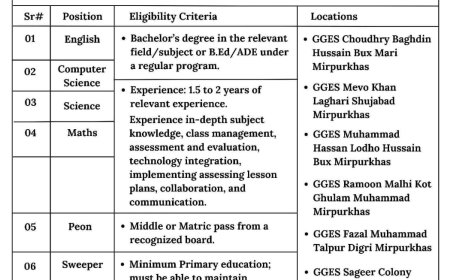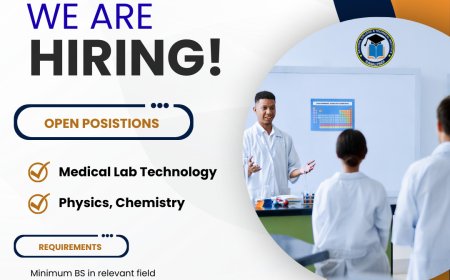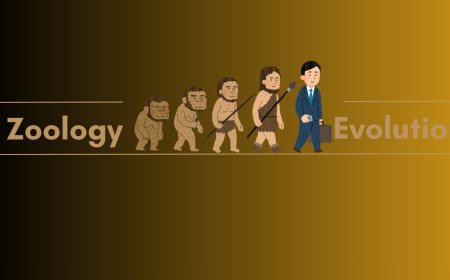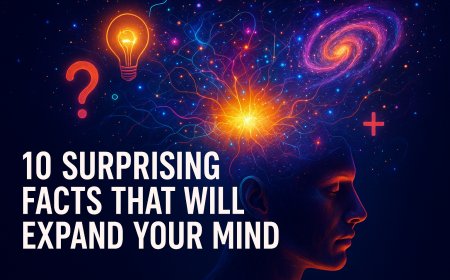The Intelligent Classroom: How AI is Transforming Learning and Teaching
How AI Personalizes Education for Every Student. Explore the revolutionary role of AI in education. Learn how adaptive systems personalize learning, reduce teacher workload, and prepare students for the future. We discuss the benefits, challenges, and ethical considerations.
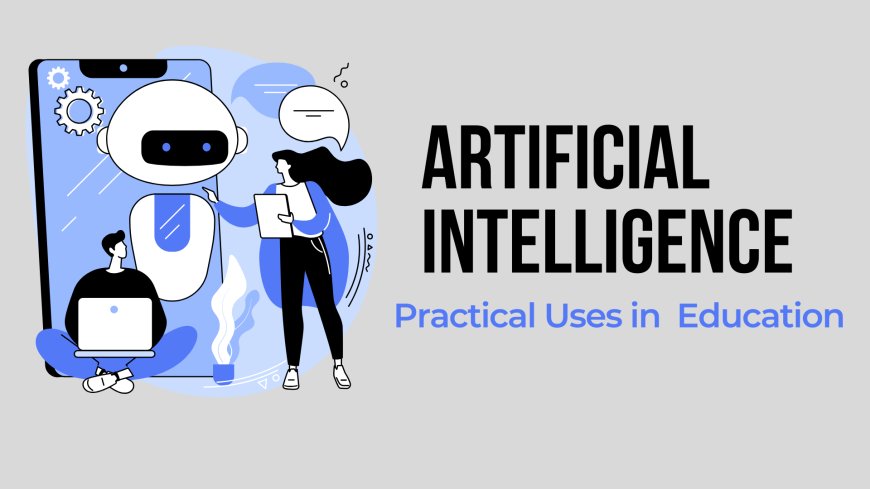
The Intelligent Classroom: How AI is Reshaping Education
Artificial Intelligence (AI) is transforming every sector, and education is no exception. From personalizing the learning experience for students to streamlining administrative tasks for educators, AI isn't just a new tool; it's a fundamental shift in how we teach and learn. The integration of AI promises a future where education is more accessible, efficient, and tailored to the unique needs of every learner.
The Benefits of AI in Learning and Teaching
AI's most significant contributions to education fall into two main categories: enhancing the student experience and supporting educators.
1. Personalized Learning at Scale 🤖
The "one-size-fits-all" model of traditional education is increasingly outdated. AI addresses this by providing adaptive learning platforms that adjust content, pace, and teaching methods based on a student's real-time performance, learning style, and knowledge gaps.
-
Intelligent Tutoring Systems (ITS): These systems act as 24/7 personal tutors, providing one-on-one instruction, immediate feedback, and targeted interventions. If a student struggles with a specific concept, the AI provides additional explanations or practice problems until mastery is achieved.
-
Customized Content: Generative AI tools can create or modify educational materials, quizzes, and simulations tailored to individual students' reading levels and interests, making learning more engaging. This is especially beneficial for students with special educational needs.
-
Data-Driven Insights: AI analyzes vast amounts of student data to generate predictive analytics. This allows educators to quickly identify students who may be at risk of falling behind and intervene with targeted support before a problem becomes severe.
2. Streamlining Teacher Workload
Educators spend a significant portion of their time on repetitive tasks. AI automates many of these administrative burdens, freeing up teachers to focus on meaningful student interaction, mentorship, and creative pedagogy.
-
Automated Grading and Feedback: AI can grade multiple-choice tests, simple math problems, and even provide preliminary feedback on essays and coding assignments swiftly and consistently.
-
Administrative Efficiency: Tasks like managing student records, scheduling, and generating progress reports are accelerated by AI, reducing teacher burnout and improving operational efficiency.
-
Lesson Planning: AI assistants can quickly generate lesson outlines, resource lists, and diverse project ideas based on learning objectives, acting as a powerful co-pilot for curriculum development.
Challenges and Ethical Considerations ⚠️
While the potential of AI is immense, its implementation is not without significant challenges and ethical dilemmas that must be addressed carefully.
The Future of the Intelligent Classroom
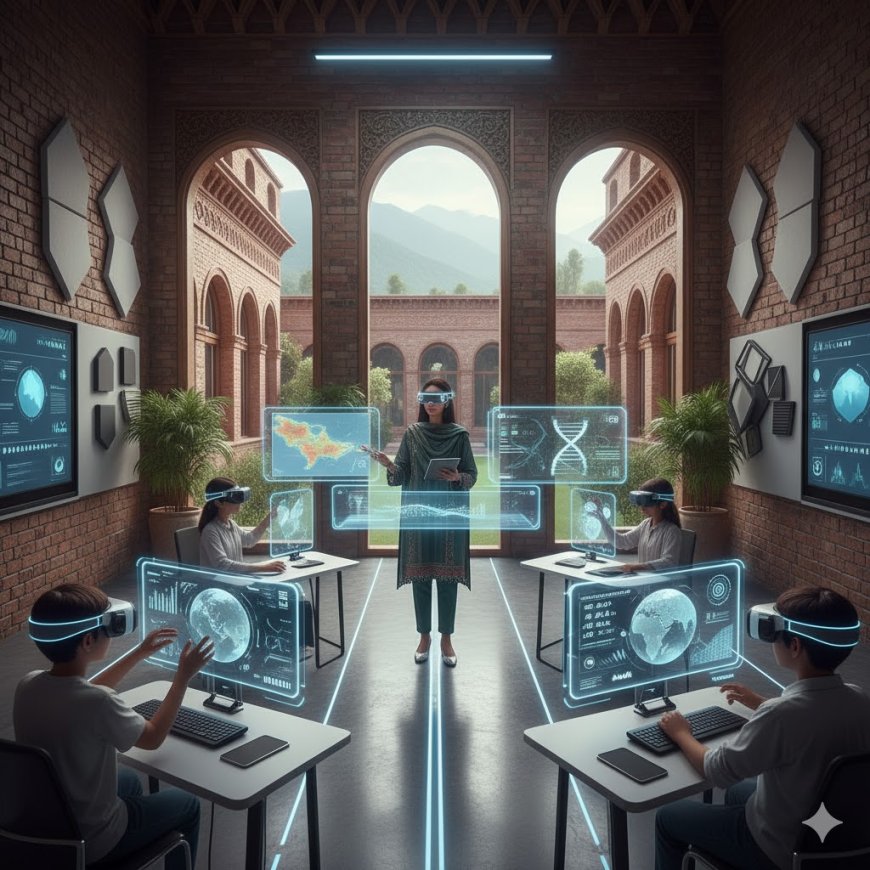
The future of AI in education is not about replacing the human element, but about augmentation. Teachers will transition from being transmitters of content to being coaches of cognition, guiding students in critical thinking, ethical AI use, and complex problem-solving.
For students, AI literacy—including knowing how to effectively prompt an AI and critically evaluate its output—is becoming as essential as reading and writing. As AI evolves, it will drive a necessary shift toward human-centered learning, where technology supports emotional intelligence, creativity, and the unique, irreplaceable relationship between a teacher and their student. The intelligent classroom will be one where AI handles the routine, allowing humans to excel at the truly complex and creative aspects of teaching and learning.
What's Your Reaction?
 Like
1
Like
1
 Dislike
0
Dislike
0
 Love
0
Love
0
 Funny
0
Funny
0
 Angry
0
Angry
0
 Sad
0
Sad
0
 Wow
0
Wow
0
